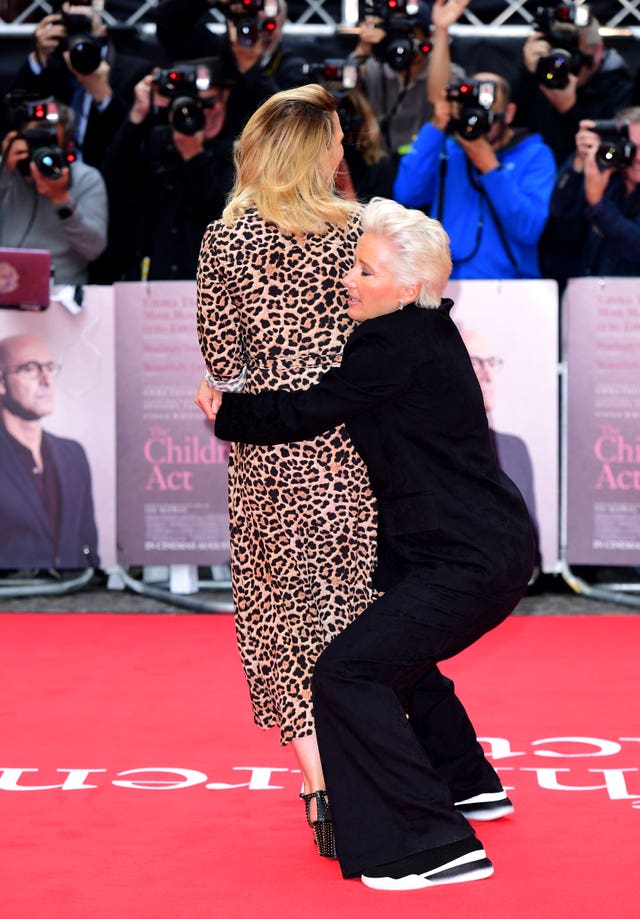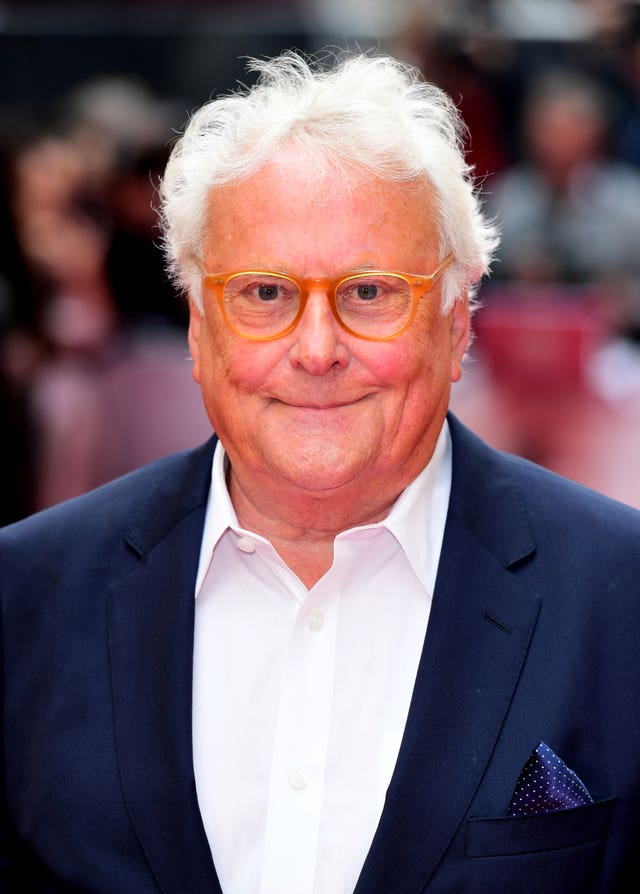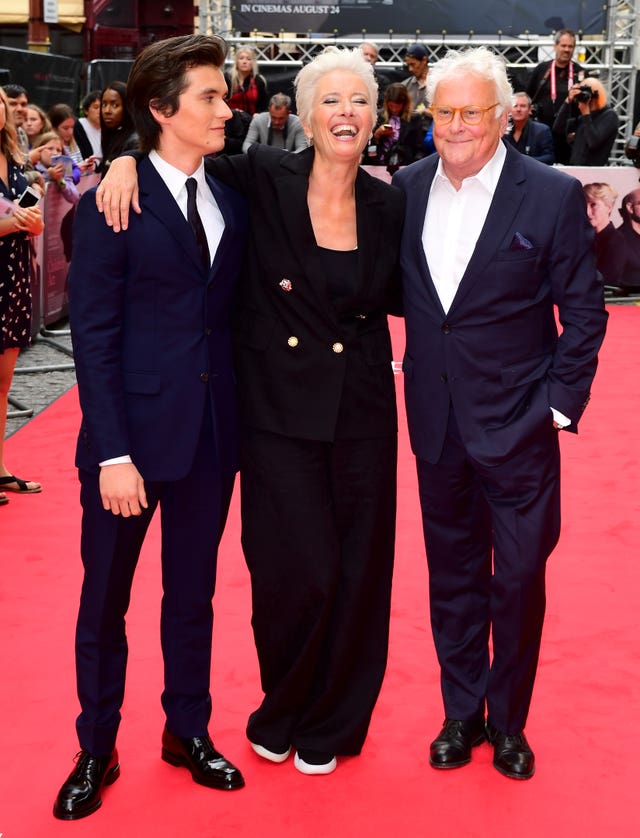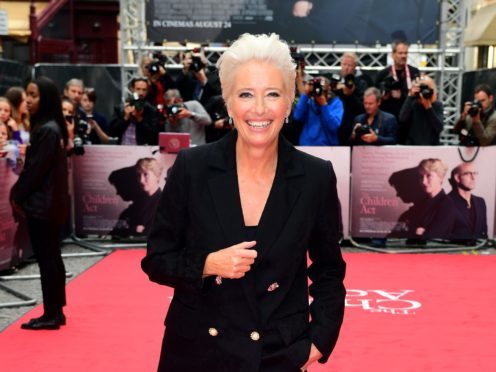Dame Emma Thompson has said it is crucial there is a new approach to the idea of work-life balance and employers should take the initiative in addressing the issue.
The actress, who is an outspoken activist, also called for increased educational opportunities for women and people from diverse backgrounds.
Arriving at the premiere of her new film The Children Act, in which she plays a High Court judge, she told the Press Association: “I think that now, especially with the gig economy, a lot of people and especially young people are very pressured.
“Jobs as we understood them don’t exist anymore and we really do have to look at the way in which we organise our work.
“We have been brought up, I was brought up, to understand work is the most important thing and that is what gives a person pride and I think that is a very patriarchal view of it actually.

“That is not to say that work isn’t important to people and isn’t a lovely thing to have, but without everything else in life, if you can’t afford to do anything but work, then you’re messed up.
“So I do think there is a huge discussion to be had about what work is and what kind of part of our lives it should be allowed to take.”
She added: “The whole question of work has, as usual, been put onto our shoulders, all of us.

“We’ve all got to work out what our work-life balance is, instead of turning the question around to companies, to governments and saying, ‘how do you think the work-life balance is working?’ Not very well, I would suggest.”
Thompson said her latest role, in the adaptation of Ian McEwan’s novel of the same name, is the first time a film has been made that focuses on a female judge and added it is “terribly important” for young women to see that kind of job depicted on screen.
We all make choices. Hers make history. A career-high performance from Emma Thompson, directed by Richard Eyre and written by Ian McEwan: This is #TheChildrenAct. pic.twitter.com/RdBeYCkYzT
— The Children Act (@thechildrenact) June 13, 2018
She said: “If you think about the way in which the iconography was changed when Barack Obama became president, in exactly the same way as soon as you see a powerful role, a government role, a role like this, being taken by a woman, as a young woman you see that and think ‘Oh I can be a judge’.
“But that has to be backed up, once again. It’s alright having dreams and everything but they have to be backed up by the intentions of your government and if they are cutting educational opportunities for people, in particularly people from lower income environments, the pool from which people are going to be able to come up to become judges, if they are women, is getting smaller and smaller.

“My friends who are judges are saying it is getting smaller, necessarily because of what has happened with austerity and Brexit, so all our opportunities are becoming less and less.
“This is all about educational opportunities, and also about challenging the automatic routes that mostly men, mostly white men, can take through Eton, Oxbridge.
“The judiciary is like parliament, it’s still a club for straight white men although I have to say that is changing.
“There are little pockets of hope but the greatest place to find hope about all of these issues is with the young generation.
“If you want to find new ideas go to the Edinburgh Festival, go to the little theatres, go and see what poor, young, female writers are writing about, what it is to be born into the female body today, and watch Jill Soloway’s The Female Gaze and watch Nanette, Hannah Gadsby’s piece on Netflix, and inform yourselves and see what is going on.”
The Children Act is released in UK cinemas on August 24.
